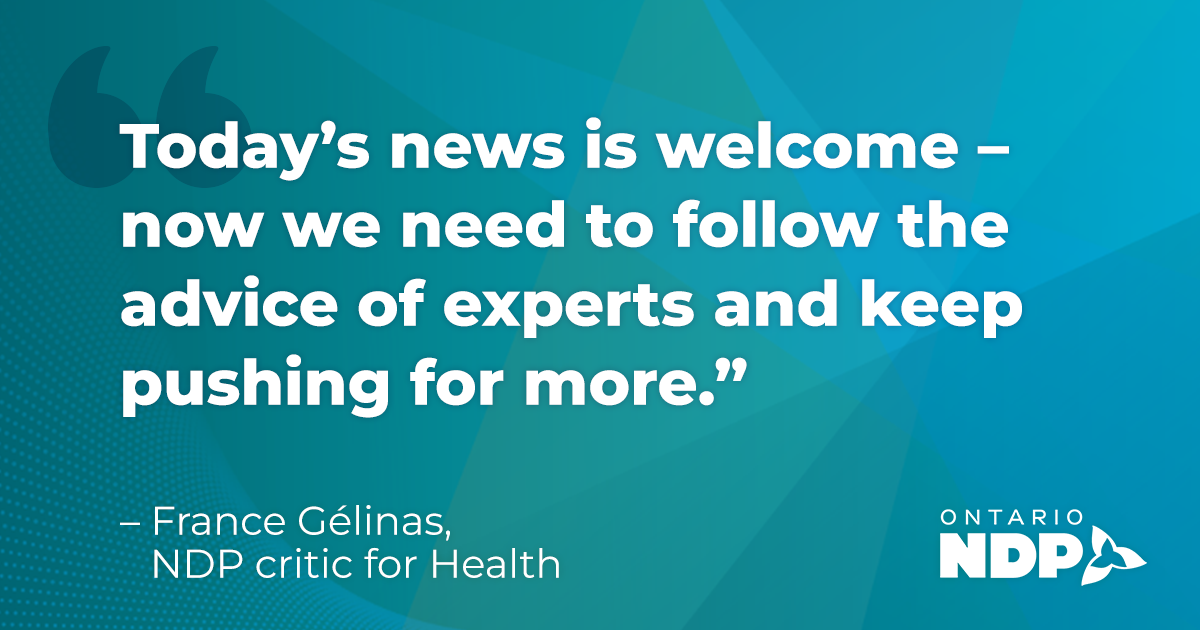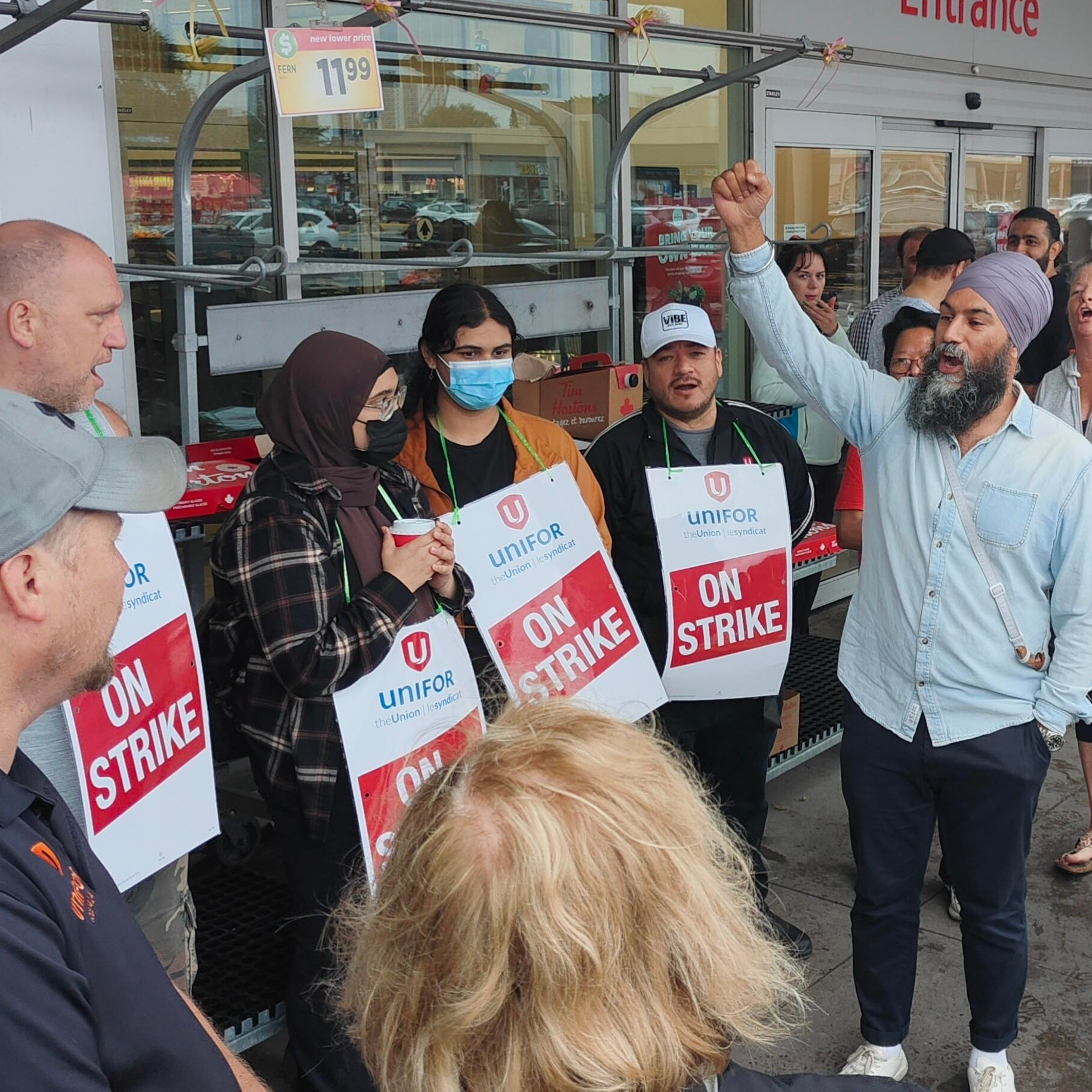This meme was based on a true story
More than a million people do that every election, we just need a million more :)
I take credit for a few of those votes - I knock on doors to talk to folks about healthcare and the NDP every campaign!
More solid labour journalism from The Breach, they and PressProgress are the few media outlets that have reporters assigned specifically to the labour beat.
Good work from the Ontario NDP on this one!
I was trying to respectfully disengage!
I still disagree with you but I don't think either of us are going to convince each other. I appreciate you sharing your perspective, I wasn't around back in the Usenet days and it's cool to hear about it and how you were involved.
I disagree that users really have any say in the direction of the platform. Users aren't clambering for ads or for crappy Amazon products, and so I don't think it's the competing interests of users that drive these changes. I see it as more of a conflict between users and owners.
- Platform begins with small user base
- Investors pour in capital to support and encourage the growth of the user base. At this stage the platform runs at a massive loss. This is when times are good for users.
- Investors, now with substantial influence, seek a return on investment by encouraging new anti-features on the platform.
Maybe this sounds like the same thing, but there are different solutions. If I understand you right, your solution to this problem is to restrict growth, which could allow for a more unified community that could push back against these changes. I would argue to change the incentives, change the governance model, so that the platform is publicly administered or administered by a non-profit or cooperative that is accountable to users, not shareholders. See how this very website (lemmy.ca) is being incorporated as a non-profit. It's pretty neat!
I think we're talking past each other. I'm talking about different problems with social media - not with the users, but the platforms themselves.
Here's a few examples: Reddit cracking down on third-party apps, platforms requiring you to log in before viewing content, relentless tracking and privacy invasions, TikTok turning into a firehose of ads and sponsored content, and Amazon's gradual transformation into a sketchy marketplace with systemically faked reviews and false advertising on products. These are less to do with the growth of the platform, and more to do with the pressure from management to extract money from users.
But yeah, I do get your point on how a relentless influx of new users can disrupt an existing community and create severe moderation challenges
These platforms are getting worse because of monetization.
Corey Doctorow wrote a great piece on the "Enshittification" of TikTok that applies in general to social media platforms as a whole
...and the housing crisis we're in started after we defunded public housing... I don't know why you would advocate for that?
Vacancy control is a policy that would fix this, and has been proposed by the Ontario NDP! It would tie rents to units instead of tenants, which would mean landlords can't raise rents beyond the rent control guideline when putting a unit back on the market. This removes the incentive for landlords to renovict tenants.





They actually managed to pull it off! They got roughly 20% over the life of the agreement, a $4.50 increase for their highest earning employees (full time and senior part time workers, who make $20 per hour currently) and 3.20 for their lowest earning employees (who make about minimum wage). And the best part about it is that nearly half of that increase is in the first year, front loaded. An actually decent deal! More details below.
https://lemmy.ca/post/4373421